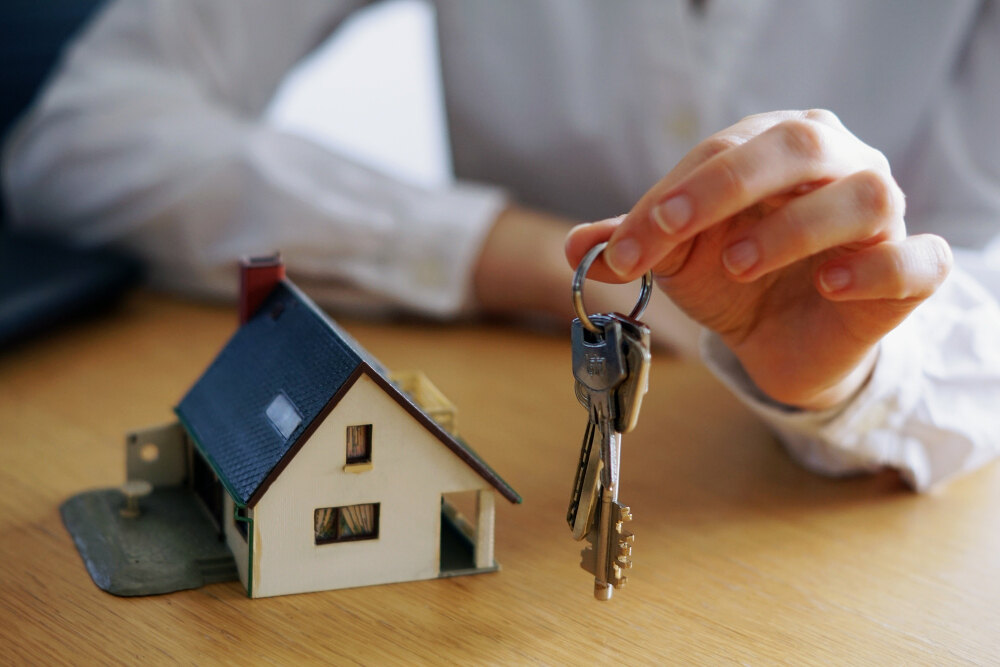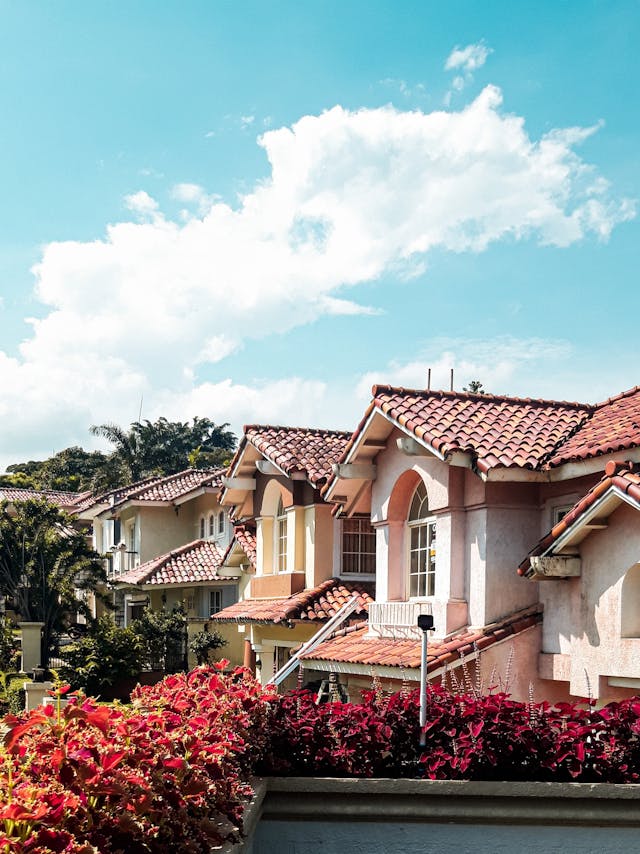When it comes to selling a house in Australia, the fees involved can quickly add up, and if you don’t prepare for them, they can bite into your final sale price. So, what exactly are the fees to budget for before selling a house?
In short, you’ll need to factor in real estate agent fees, marketing costs, conveyancing fees, capital gains tax, and possibly lender fees like a mortgage discharge fee or early exit fees, depending on your situation. Some are optional (voluntary costs), but most are not.
At Best Local Real Estate Agents, we’ve helped over 44,000 Australian home sellers connect with trusted agents. Backed by analysis of 8+ million property transactions and over 1,000 weekly seller calls, we know what fees trip people up, and which ones are worth every cent.
Let’s break it all down so you know exactly what fees are involved in selling a house in 2025.
Real Estate Agent Fees: Commission or Flat Fee?
This is the most common and largest cost when selling a house. In Australia, fees for agents, whether that’s a selling real estate agent or buyer’s agent, typically fall into one of two models:
• Commission-based: A percentage of the final sale price, usually between 1.5% to 3.5%, depending on location and agency.
• Flat fee: A fixed amount agreed upfront, often used in online or hybrid selling platforms.
Let’s say your property value is $700,000, and your agent charges a 2.2% commission. That’s $15,400 in fees alone. However, top-performing agents often negotiate higher offers, so choosing the right agent can actually earn you more than they cost.
Tip: In South Australia, the average commission rate is 1.94%.
Marketing Costs: Getting Eyes on Your Property
Marketing costs generally cover photography, online listings, brochures, signboards, and floor plans. These costs are typically paid upfront, though some agents may roll them into your final invoice.
Expect to pay:
• $1,200 to $2,500+ for standard campaigns
• More for premium packages on some platforms
While they may seem steep, strong marketing brings in more potential buyers, which often leads to a better cost to sell return. The trick is to avoid overspending, especially in low-demand areas.
Conveyancing Fees and Legal Fees Paid
You’ll need a licensed conveyancer or solicitor to legally transfer property ownership. That means conveyancing fees and possibly legal fees if complications arise (e.g. disputes, covenants, easements).
Costs usually fall between $800 and $2,000, depending on:
• Whether it’s an investment property or existing property
• If you’re in a metro or regional area
• How complex the title or terms are
Don’t forget to confirm whether the quoted fee includes all legal fees paid and government disbursements, or whether it’s just the base service cost.
Lender Fees: Mortgage Discharge and More
If you still have a mortgage on your property, your lender may charge a mortgage discharge fee, usually around $300 to $800. Some sellers are also hit with early exit fees or break costs if they’re ending a fixed fee home loan term early.
And if you’re buying another property while selling your current one, you might need a bridging loan, which has its own lender fees and higher interest rates.
Key Note: Always confirm all lender fees upfront with your bank. These are often buried in fine print.
Capital Gains Tax (CGT): What Applies and When
If you’re selling an investment property, you may need to pay capital gains tax (CGT). It’s calculated based on the capital gain, that’s the difference between the original purchase price and the final selling price (minus eligible costs).
You don’t pay CGT when selling your primary residence, but you do if:
• It was an investment property
• You rented out part of your home
• You didn’t live in the property for the full ownership period
According to the Australian Taxation Office (ATO), CGT is added to your assessable income, and you’ll be taxed at your marginal rate. You may be eligible for a 50% CGT discount if you held the property for more than 12 months.
⚠️ Reminder: This doesn’t constitute tax advice. Always speak to an accountant for a proper capital gains calculation.
Auction Fees and Extras to Consider
If you’re selling via auction, you’ll need to budget for auction fees, which typically cost between $300 to $1,000 depending on the auctioneer and whether it’s on-site or virtual.
You should also plan for:
• Styling and staging: Can cost $1,500–$6,000 but may add 5–10% to the property value
• Pest and building inspections: Optional, but may help attract more confident potential buyers
• Rates and utilities: You’ll need to cover these until settlement is final
• Repairs and maintenance: Minor updates can increase the final sale price significantly
The Hidden Costs of Breaking Fixed Term Loans
If you’re locked into a fixed home loan and sell early, your lender may charge breaking fixed term loans penalties. These costs vary but can reach into the thousands, especially if interest rates have dropped since you signed your contract.
If your goal is to upgrade or downsize, speak with your lender early to understand how to reduce these costs involved.
Voluntary Costs and Value-add Services
Not everything is mandatory, but smart sellers often invest in:
• Pre-sale property reports
• Renovations or painting
• Professional home staging
These voluntary costs can offer strong ROI, especially in competitive markets. For example, repainting your home ($3,000–$5,000) could increase your final sale price by 2–3%.
The Cost of Selling: Summary Table
| Fee Category | Estimated Cost Range |
| Real Estate Agent Fees | 1.5% – 3.5% of sale price |
| Marketing Costs | $1,200 – $2,500+ |
| Conveyancing Fees | $800 – $2,000 |
| Mortgage Discharge Fee | $300 – $800 |
| Capital Gains Tax (CGT) | Varies, based on gain |
| Auction Fees | $300 – $1,000 |
| Styling & Repairs (optional) | $1,000 – $6,000+ |
Frequently Asked Questions
Do you pay stamp duty when you sell a house in Australia?
No, stamp duty is paid by the buyer, not the seller. However, sellers still pay conveyancing fees, legal fees, and real estate agent fees.
What is the largest cost of selling a house?
Usually, the real estate agent commission is the biggest cost. For a $1M sale, you might pay $20,000–$30,000 depending on commission rates.
How much are closing costs in Australia?
There’s no official “closing cost” like in the US, but total costs involved in selling often reach 4%–7% of your property value.
What do most realtors charge to sell your house?
Most charge 1.8% to 3% commission. You may find a flat fee agent, but commission-based agents often deliver better outcomes.
Can I deduct selling costs from my capital gain?
Yes. You can reduce your capital gain by deducting costs like marketing, legal fees, and agent commissions, but check with your tax agent first.
Final thoughts: Always know your numbers
Understanding what fees are involved in selling a house helps you plan smarter, and avoid surprises at settlement.
If you’re selling your home or investment property, start by connecting with a local expert. At Best Local Real Estate Agents, we help you compare Adelaide’s top agents based on performance, suburb expertise, and historical sales.
Want to maximise your sale price and reduce your costs? Request a quote to get matched with the best real estate agent in your suburb today.


